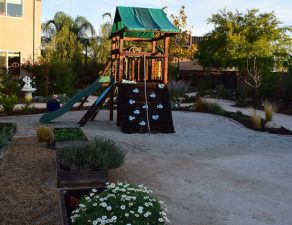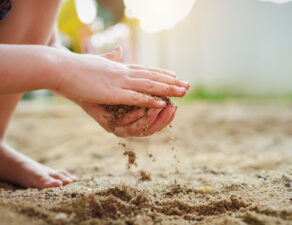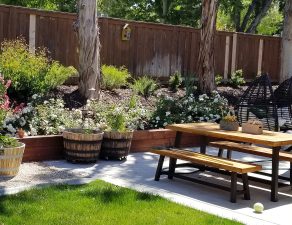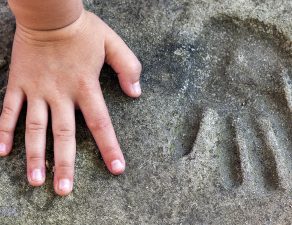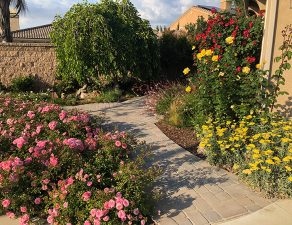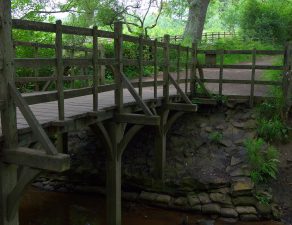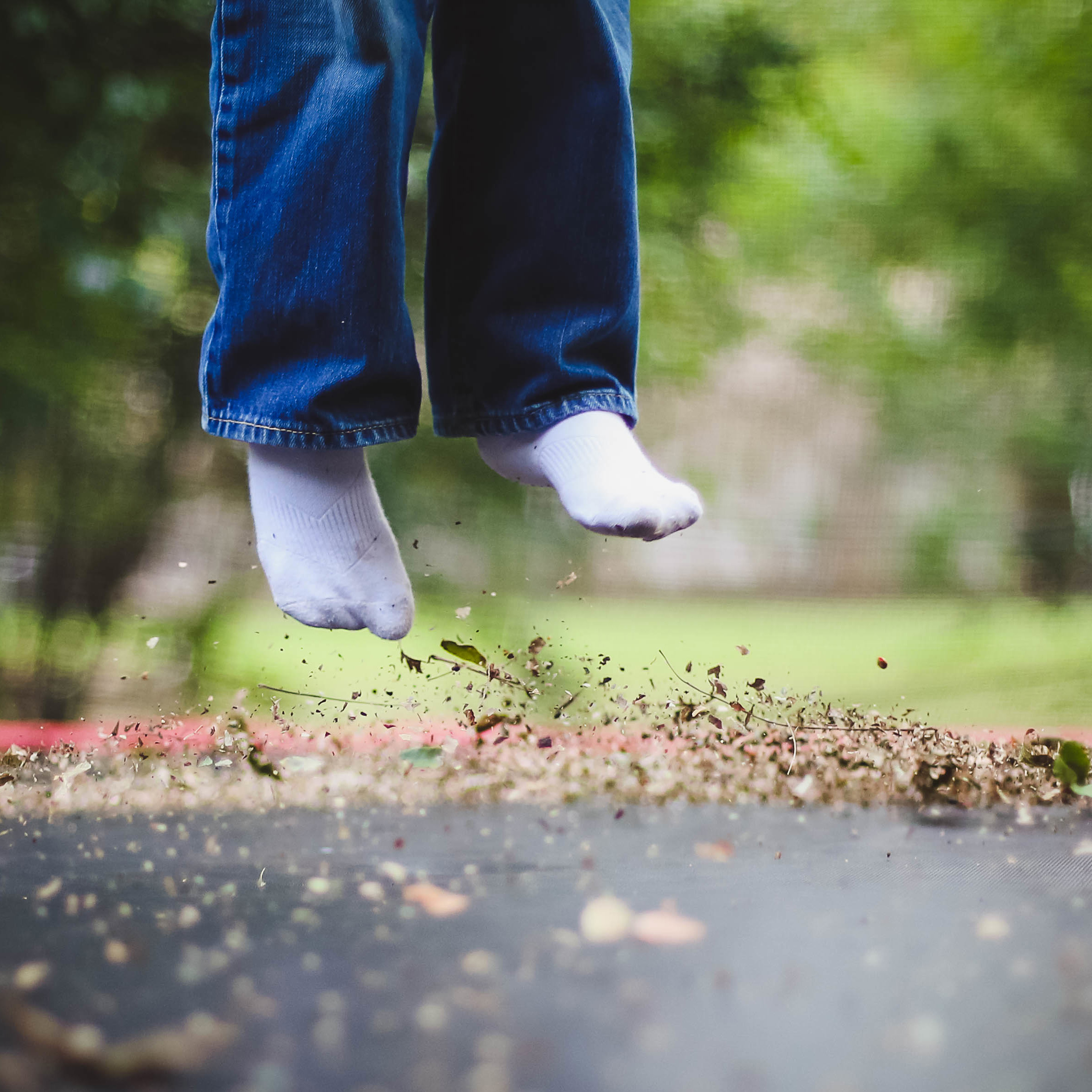
More and more families are joining the homeschooling movement, and many of them report learning the same lesson early in their adventure: You don’t need to mimic “school” in order to learn! In fact, many families find that avoiding a classroom approach, and learning in a more natural setting, is beneficial to their children.
By “natural”, we mean that literally! Time in nature is not only good for both kids and parents; educational opportunities abound in the great outdoors.
Plant a garden.
Not everyone has the time, space, or funds for a full-on backyard farming endeavor. No worries. Planting just one or two plants will provide a terrific science lesson for youngsters. Learn how food is produced by observing a tomato, bean, or squash plant. All of these options are easy enough for novice gardeners.
Take a hike.
Hiking is great exercise, but you can learn a lot about ecosystems too. Take along a field identification guide for plants, mushrooms, or animals, and see how many you can identify.
Hunt for medicinal plants.
Kids are often amazed to learn that many plants and mushrooms provide medicinal benefits. Gather your chosen species only where it’s legal, and take them home to learn about preparing teas, tinctures, and more.
Do be certain of what you’re picking, if you plan to use it internally, and exercise special caution with mushrooms.
Draw inspiration from nature.
Art “class” can be conducted outdoors, too. Take along a notebook, and experiment with drawing flowers, mushrooms, landscapes, and more.
Conduct outdoor science experiments.
Build a “parachute” and use it to drop eggs off the porch. Blast off your own “space rocket” or craft paper airplanes. Build a water wheel or start an ant farm. The ideas are endless! As a bonus, doing messy science projects outdoors means less mess at the kitchen table.
Visit nearby botanical gardens.
Not only can you learn plenty about plants, but if you take along your reading or math assignments you can spend the entire day learning in a relaxing environment.

